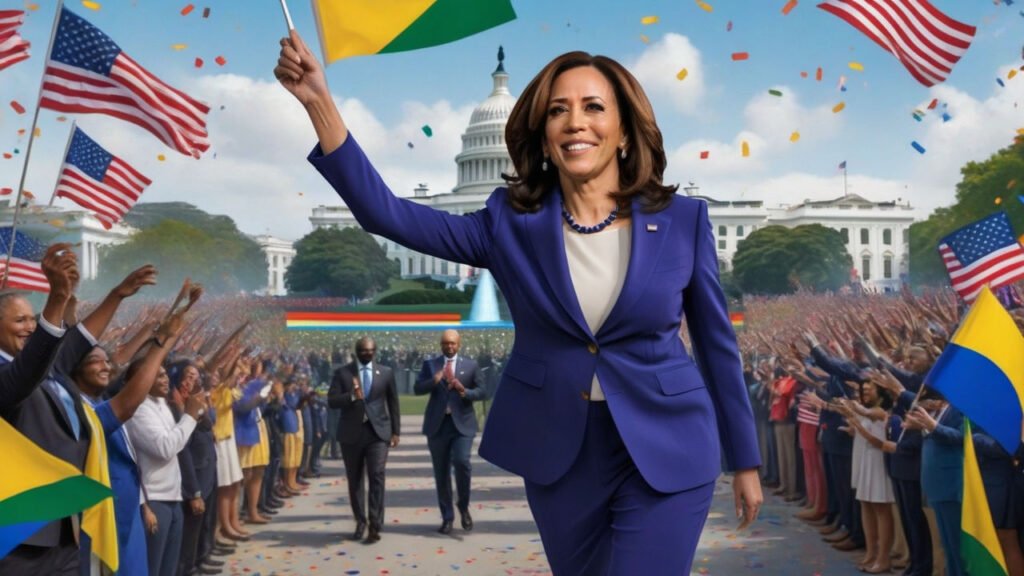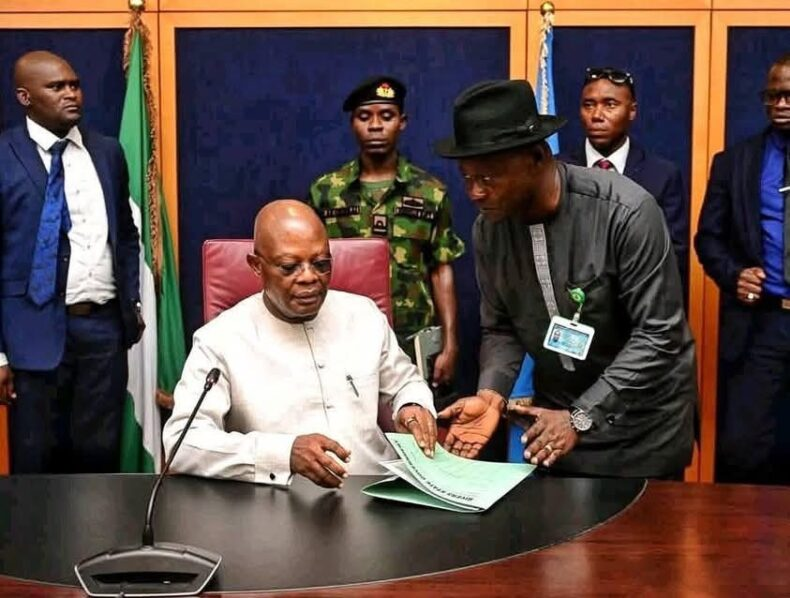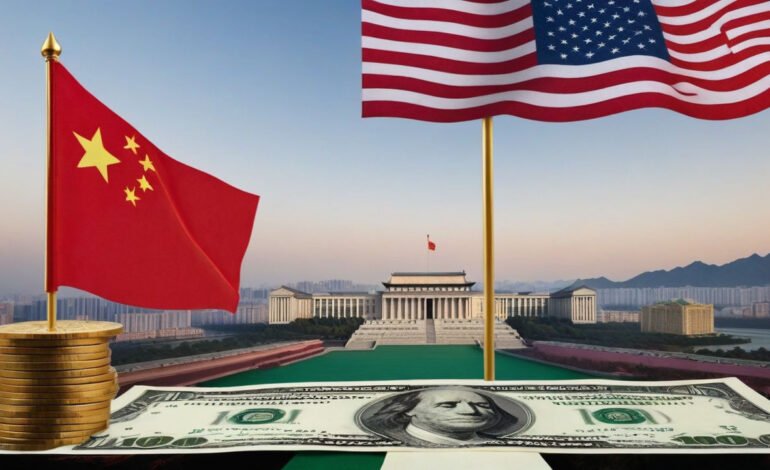Basil Odilim
The world is on the brink of a monumental currency war, one that could reshape the global economic landscape. The battle lines are drawn between the U.S. dollar and the Chinese yuan, championed by the BRICS nations. As this conflict unfolds, America stands at a critical juncture, and the choice of leadership could determine its fate. This scenario is particularly precarious with the potential return of Donald Trump to the White House. His temperament and presumption of omniscience pose a significant risk at a time when nuanced and strategic diplomacy is paramount.

Historically, empires have fallen not just due to external aggression but also because of internal vulnerabilities exploited by their adversaries. For instance, the Soviet Union’s involvement in Afghanistan in the 1980s drained its resources and exposed its economic weaknesses, leading to its eventual collapse. Similarly, the recent developments in Russia serve as a cautionary tale. While Russia is mired in the Ukraine conflict, China is capitalizing on this distraction to bolster its economic might and push the yuan as a global reserve currency. This strategic exploitation has placed Russia in a subservient position, unable to counter China’s economic maneuvers effectively.
Should Trump return to power, there is a grave danger that the U.S. could be maneuvered into a similarly vulnerable position. Trump’s inclination towards aggressive and impulsive actions could lead to a multi-front conflict, further destabilizing the Middle East and igniting domestic strife over immigration policies. This would play directly into the hands of the BRICS coalition, allowing them to advance their economic agenda unchallenged.
The endgame for China and its BRICS allies is to isolate the U.S. economically and diminish the influence of the dollar. If Trump dismantles NATO, a cornerstone of Western collective security, Europe may pivot away from the U.S., seeking economic stability elsewhere. The search for an independent defense for Europe would weaken the long-standing economic win-win partnerships between America and Europe. This would leave America increasingly isolated, its currency and economic power waning.

Africa’s strategic position is another key element in this global chess game. China is already exploiting Africa economically through investments and infrastructure projects, while Russia seeks to expand its military influence. The recent wave of protests across Africa, starting in Kenya, followed by Nigeria, the continent’s most populous country and largest economy, and spreading to Ghana signals a continent demanding respect and serious engagement. This is a pivotal moment for the U.S. diplomacy in Africa.
Moreover, the idea of an Afro currency and an African trade union is becoming increasingly plausible. Trump’s opposition to an African leader heading the WTO and resistance to a second term for Nigeria’s leadership of the African Development Bank has not been well received by African leaders. Kamala Harris, on the other hand, could ease fears about undue U.S. influence in African affairs, fostering a more cooperative and mutually beneficial relationship.

The shift away from the dollar would have catastrophic consequences. As nations lose confidence in the U.S. dollar as the global reserve currency, there could be a massive sell-off, leading to a collapse in its value. Markets may then begin pricing commodities and securities in a basket of gold-backed currencies, including the yuan and the euro. China’s substantial gold reserves and its growing economic clout make the yuan a strong contender for this role.
The fallout from a dollar collapse would be severe. Investor confidence would plummet, leading to a financial crisis of unprecedented scale. Countries might adopt protectionist policies, closing borders, and focusing on self-sufficiency, further eroding the need for dollar-dominated international trade.

In light of these potential outcomes, the U.S. needs a leader who can navigate these complex geopolitical waters with caution and strategic insight. Kamala Harris, with her measured approach, represents a stark contrast to Trump. Her leadership could provide the stability and foresight required to counter the BRICS strategy and maintain America’s economic dominance.
The stakes could not be higher. The currency war brewing on the horizon is more consequential than any conventional conflict. It is imperative that the U.S. recognizes this and elects a leader capable of steering the nation through these turbulent times, avoiding the traps set by adversaries, and securing its position in the global economic order.









